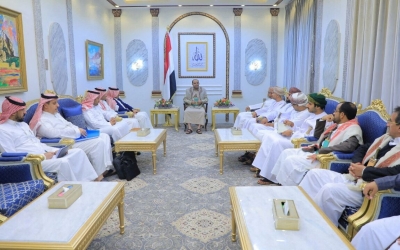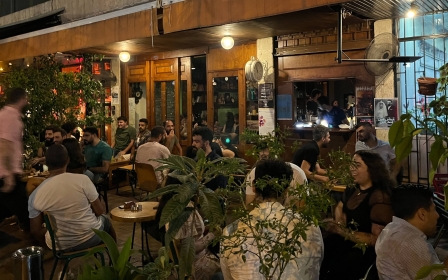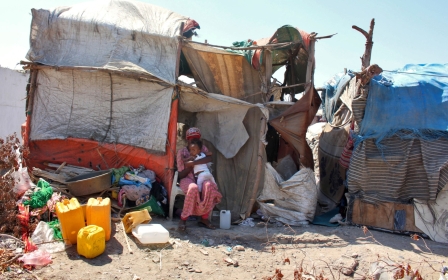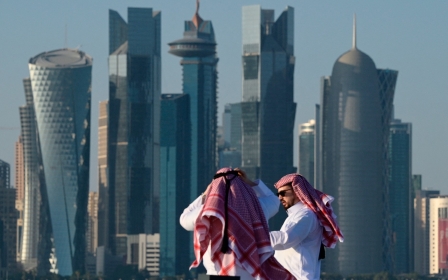Arabic press review: Lebanese journalist sentenced to a year in prison for defamation
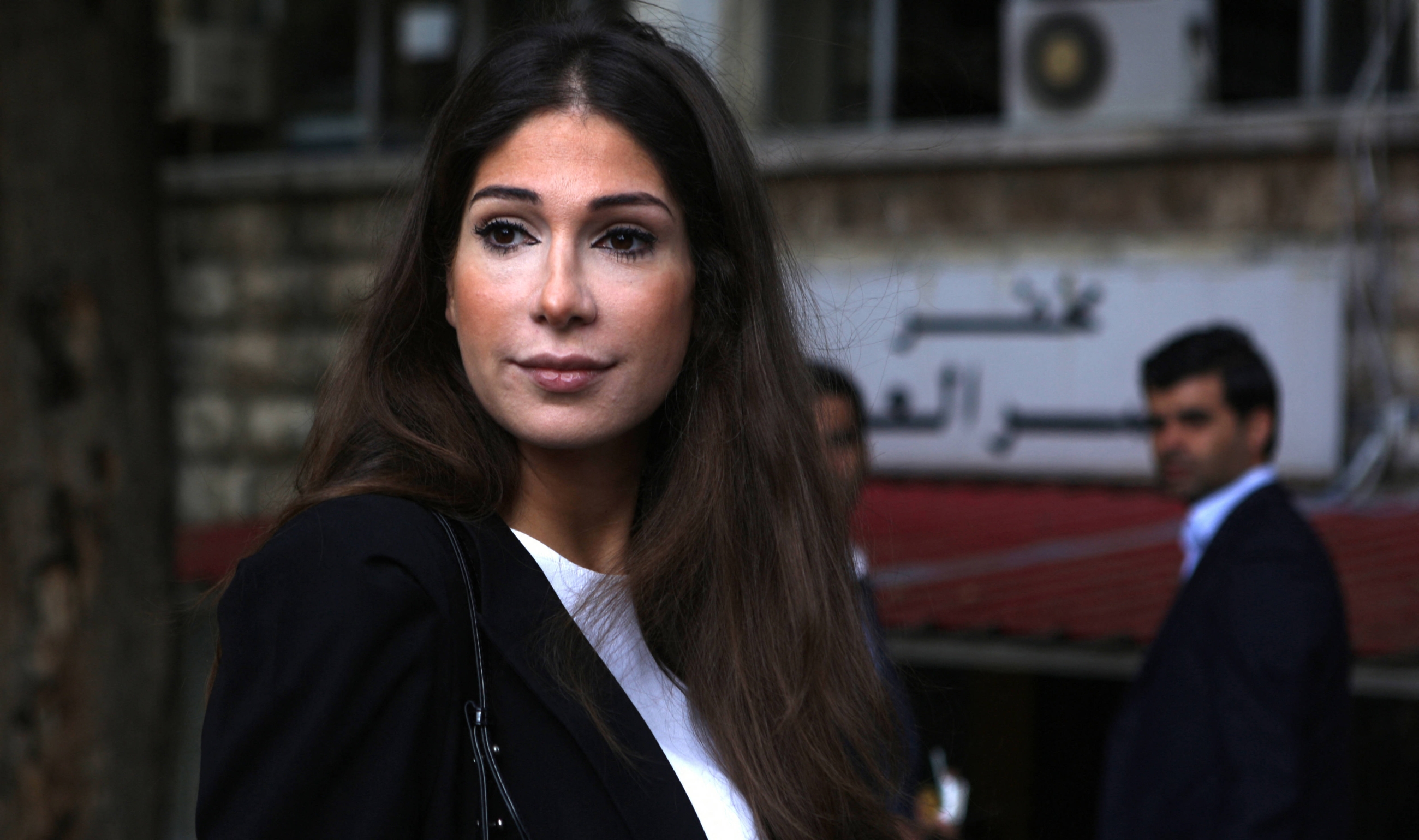
Journalist Dima Sadek sentenced to a year in prison
A Lebanese court sentenced prominent Lebanese journalist Dima Sadek to one year in prison following a lawsuit by the leader of the Free Patriotic Movement party (FPM) Gebran Bassil, Lebanese newspaper L’Orient Today reported on Tuesday.
In the lawsuit filed in 2020, the former foreign minister accused the journalist of "defamation and libel" after she denounced the party for "incitement" and "racism".
In a video posted on Twitter, Sadek said she was being accused of "slander, defamation and inciting sectarian strife" for comments she made in February 2020 regarding two young men who were attacked in the northern city of Tripoli by men linked to the FPM.
The journalist had described the attack on one of the men, who was assaulted by the bodyguards of a former FPM lawmaker, as "racist and Nazi".
New MEE newsletter: Jerusalem Dispatch
Sign up to get the latest insights and analysis on Israel-Palestine, alongside Turkey Unpacked and other MEE newsletters
"Gebran Bassil is suing me in the case of Zakaria al-Masri," Sadek said in the video.
Sadek was also ordered to pay 110 million Lebanese pounds (about $1,200) in compensation to the FPM, according to court documents. The journalist plans to appeal the decision.
"Instead of arresting the attackers who 'incite sectarian strife', a verdict was issued against me," she said.
Sadek added that the verdict against her sets "a very, very dangerous precedent on the freedom of journalism, media and expression in Lebanon".
Saudi Arabia is looking for a way out of Yemen
Saudi Arabia is holding secret talks with its regional allies to find ways out of the war in Yemen, according to a report published by the Lebanese newspaper Al-Akhbar.
However, some of Saudi Arabia's allies in Yemen have expressed resentment towards the rapprochement between Riyadh and the Houthis, with some in the internationally recognised Yemeni government criticising it as a "miscalculation" in closed meetings, according to secret documents seen by Al-Akhbar.
The documents reportedly cite an Arab diplomatic source in Muscat as revealing that several options are being discussed, such as the formation of a presidential council that would include the Houthi group, the division of Yemen into five administrative regions and flexibility regarding the demands to disarm the Houthi rebels.
According to the report, the Yemeni ambassador to Morocco, Ezzedine al-Asbahi, had criticised the current negotiations between Saudi Arabia and the Houthis in front of diplomats, noting the absence of the government from the talks.
The Yemeni ambassador to Brussels, Mohammed Mustafa, meanwhile reportedly told Arab diplomats that Saudi Arabia and the United Arab Emirates want "Yemen to be a weak country so that they can control it".
He also said that the differences that emerged between Riyadh and Abu Dhabi after the government wrested control of Aden from UAE-backed forces in 2019 had put Yemen between "the hammer of [Saudi Crown Prince] Mohammed bin Salman and the anvil of [Emirati ruler] Mohammed bin Zayed".
Over two million visit Qatar in six months
Qatar has announced that it has received more than two million visitors in the first half of this year, reflecting a good performance of the tourism sector in the country, according to Al-Khaleej Online news website.
The Qatar Tourism Authority said the total number of visitors in the first half of 2023 nearly doubled its level before the coronavirus pandemic.
It added that during this period, 51 percent of visitors flew into Qatar, while 37 percent came in by land, and 12 percent by sea.
The agency showed that people coming from Saudi Arabia topped the list of visitors to Qatar, while India and Germany came in second and third places, respectively.
Notably, more than 567,000 people visited Qatar in May and June, the highest number in the past 10 years.
*Arabic press review is a digest of news reports not independently verified as accurate by Middle East Eye.
Middle East Eye delivers independent and unrivalled coverage and analysis of the Middle East, North Africa and beyond. To learn more about republishing this content and the associated fees, please fill out this form. More about MEE can be found here.


